Keynote Speakers
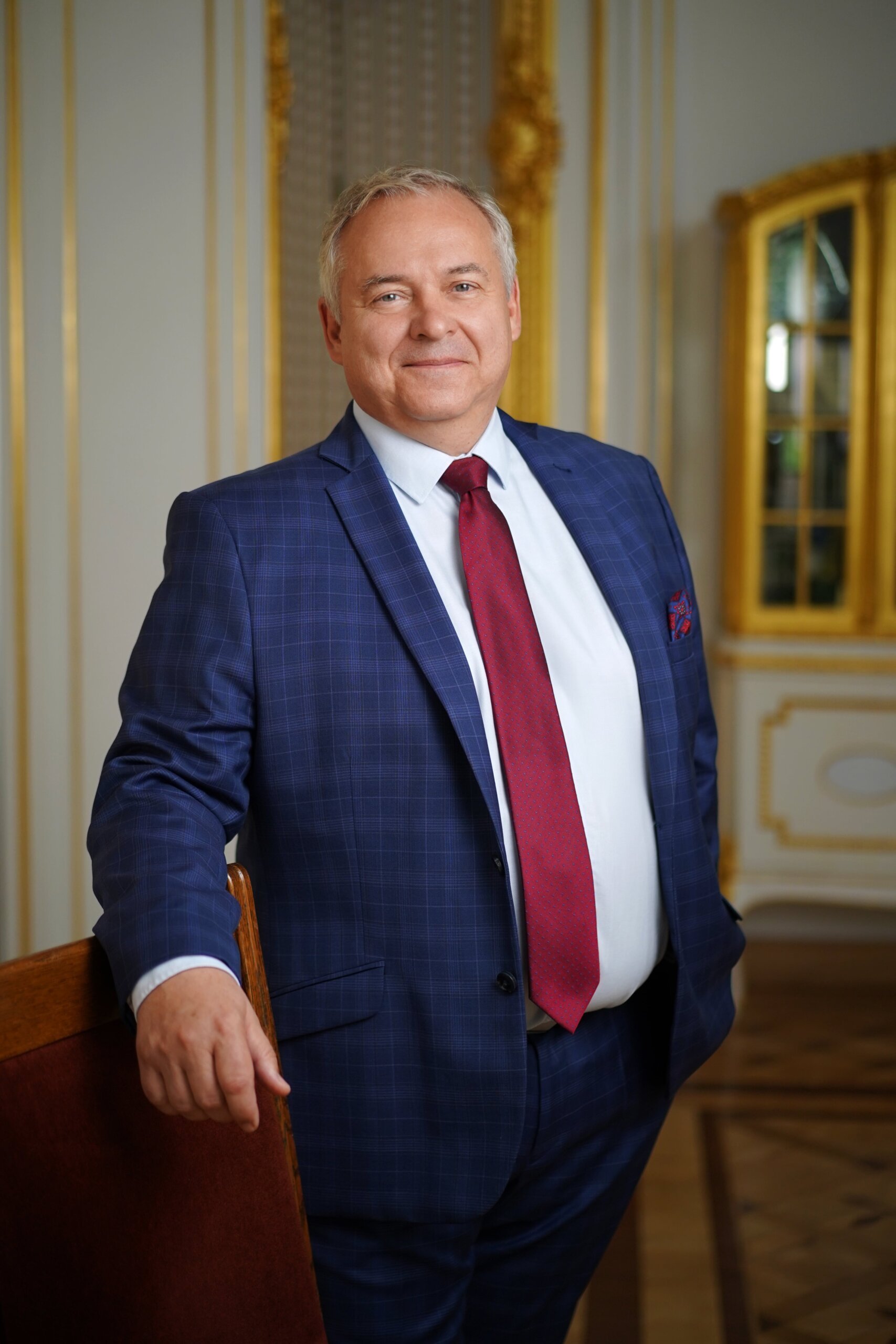
Sambor Grucza
Vice-Rector for Cooperation and Human Resources, University of Warsaw
Prof. Grucza is graduated in German philology (Saarland University) and Applied Linguistics (University of Warsaw). He completed his doctorate in 1994. He obtained the degree of habilitated doctor in 2005. As of 2009 He is full professor since. His research interests are: metalinguistics, theory of language and communication for specific purposes, glottodidactics, translatorics and eye tracking research. In years 2008–2012 and 2016–2020, he held the position of dean of the Faculty of Applied Linguistics at the University of Warsaw. Previously, he was a vice-dean of the Faculty of Applied Linguistics and head of the Institute of Specialised and Intercultural Communication. He is also Elector at University of Warsaw (since 2008). Prof. Grucza is President of the Polnischer Germanisten Verband, and executive board member of the Internationale Vereinigung für Germanistik – IVG. He was President of the Polish Association of Applied Linguistics.
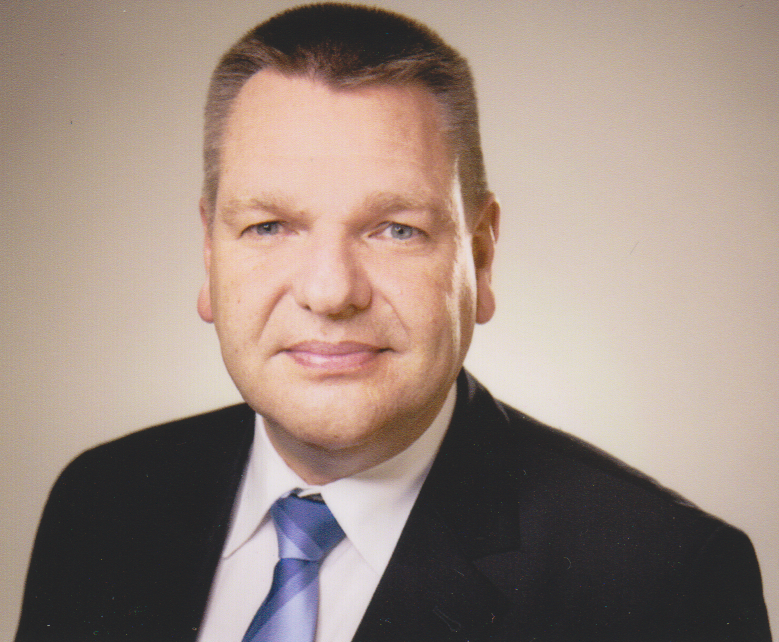
Christoph Rösener
He is a qualified translator and interpreter (Russian/English) and doctor of computational linguistics (both achieved at Saarland University, Saarbrücken). Since 2015, as a university professor of general and applied linguistics and translation technologies, he has been teaching at Faculty 06: Translation Studies, Linguistics, and Cultural Studies of Johann Gutenberg University in Mainz. Previously, he worked at universities in Saarbrücken, Mainz and Flensburg. In addition to his background in linguistics and technology, Prof. Dr. Christoph Rösener focuses in particular on current research issues in the fields of language and translation technologies as well as terminology. Furthermore, he is an active member of, among others, (German) DIN Standards Committee Terminology (DIN NAT); ISO/TC 37, which is a technical committee within the International Organization for Standardization dealing with methodology and principles of terminology (ISO/TC 37/SC 1 and ISO/TC 37/SC 3); the Advisory Board of the German Institute for Terminology (DIT).
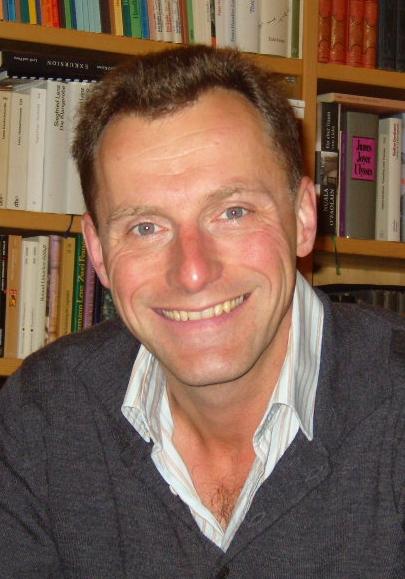
Thorsten Roelcke
Thorsten Roelcke studied philosophy, history and German studies at Heidelberg University, where he obtained his doctorate in 1988 and habilitation (postdoctoral degree) in German linguistics in 1993. Until 2003, he worked as a university lecturer at Heidelberg University and the University of Freiburg, where he obtained the degree of associate professor. After working as a secondary school teacher (Kolleg St. Blasien), he accepted the chair of German language and its didactics at Freiburg University of Education (Pädagogische Hochschule Freiburg) in 2008. Since 2014, as a professor of the Technical University of Berlin (Technische Universität Berlin), he has been interested in German as a Foreign Language; he focuses his research on linguistics, specialised language teaching and intercultural communication. His main research areas include specialised languages and professional communication, German as a foreign language and multilingualism, as well as changes in language and the history of the German language.
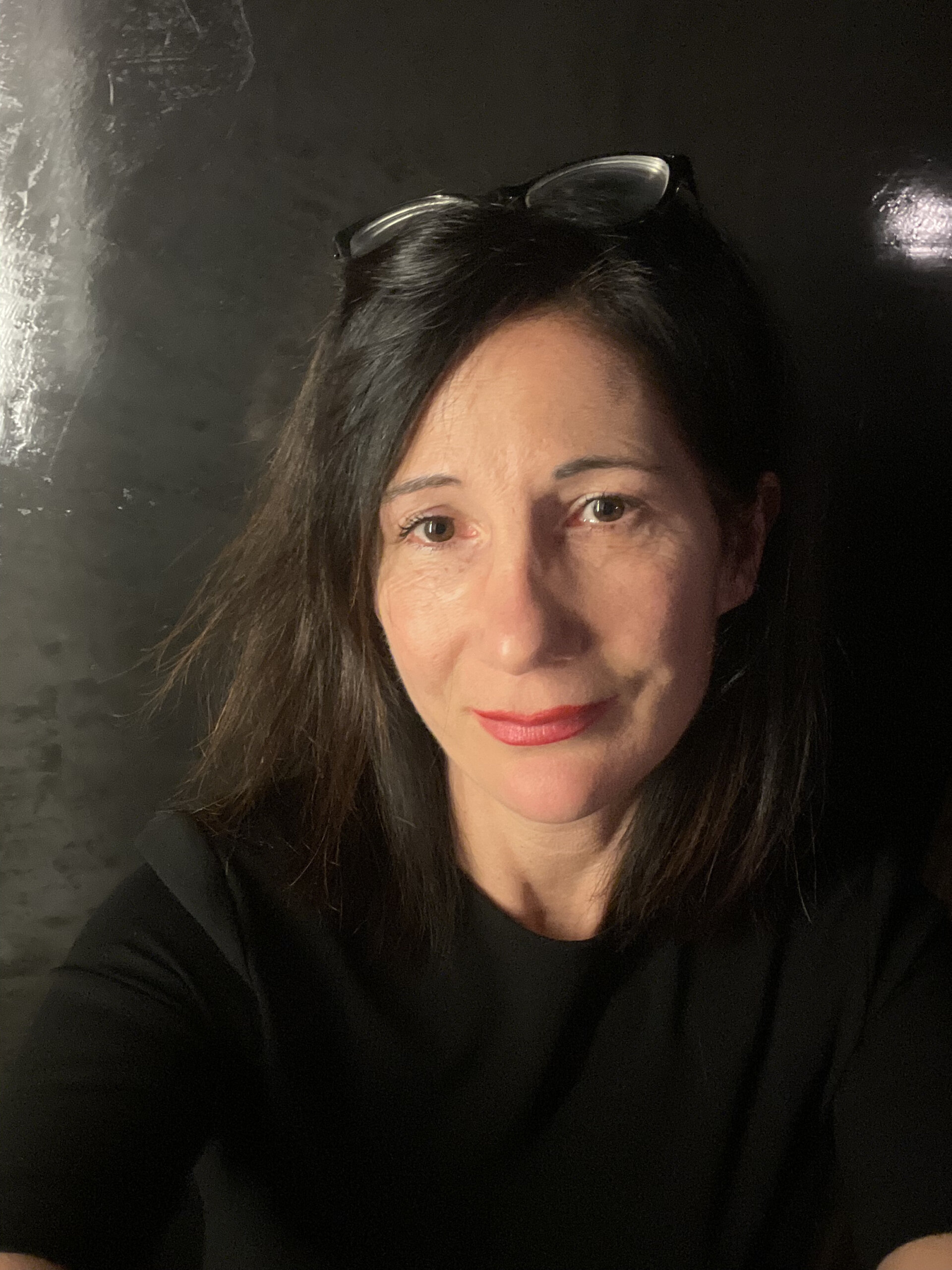
Carolina Flinz
She is a professor of Germanic linguistics (Language and Translation, the German Language) at the Department of Languages, Literatures, Cultures and Mediations (DLLCM) at the University of Milan. In 2008, she defended her doctorate at the University of Pisa in German-Italian lexicography in the field of Germanic linguistics. From 2008 to 2018 she was a lecturer at the University of Pisa and in 2018 she joined the University of Milan. In 2017, she received research fellowship from the Alexander von Humboldt Foundation for experienced researchers and conducted research at the University of Mannheim. In 2019, she was a DAAD fellow at the Leibniz Institute for the German Language (Leibniz-Institut für Deutsche Sprache) within the programme of Research Stays for University Academics and Scientists. Since 2021, together with Britta Hufeisen, she has been co-editor of the journal Korpora DaF (KorDaF). In 2023 she became an Associate Investigator in the COPLUS research project (PRIN2022) and since 2024 she has been a member of the board of Euralex (European Association for Lexicography). Her main research areas include lexicography, specialised languages, corpus linguistics, German as a Foreign Language (DaF) and contrastive linguistics.
Curriculum vitae: https://work.unimi.it/chiedove/cv/carolina_flinz.pdf
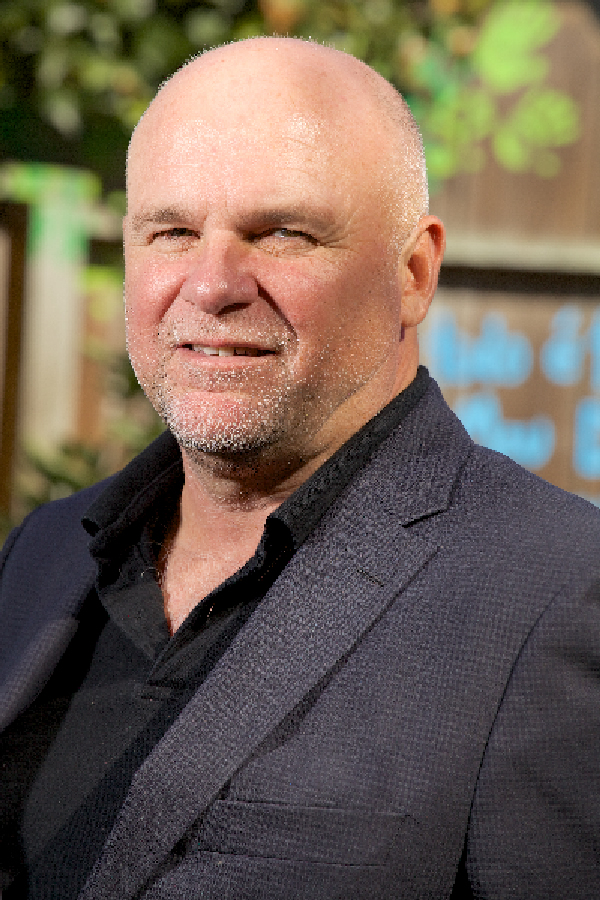
Anthony Pym
Anthony Pym works on translation and intercultural relations. He is Distinguished Professor of Translation and Intercultural Studies at Rovira i Virgili University in Spain, Honorary Research Fellow at the University of Melbourne, and Professor Extraordinary at Stellenbosch University in South Africa. He was President of the European Society for Translation Studies from 2010 to 2016. His most recent book is Risk Management in Translation (Cambridge University Press, 2025).